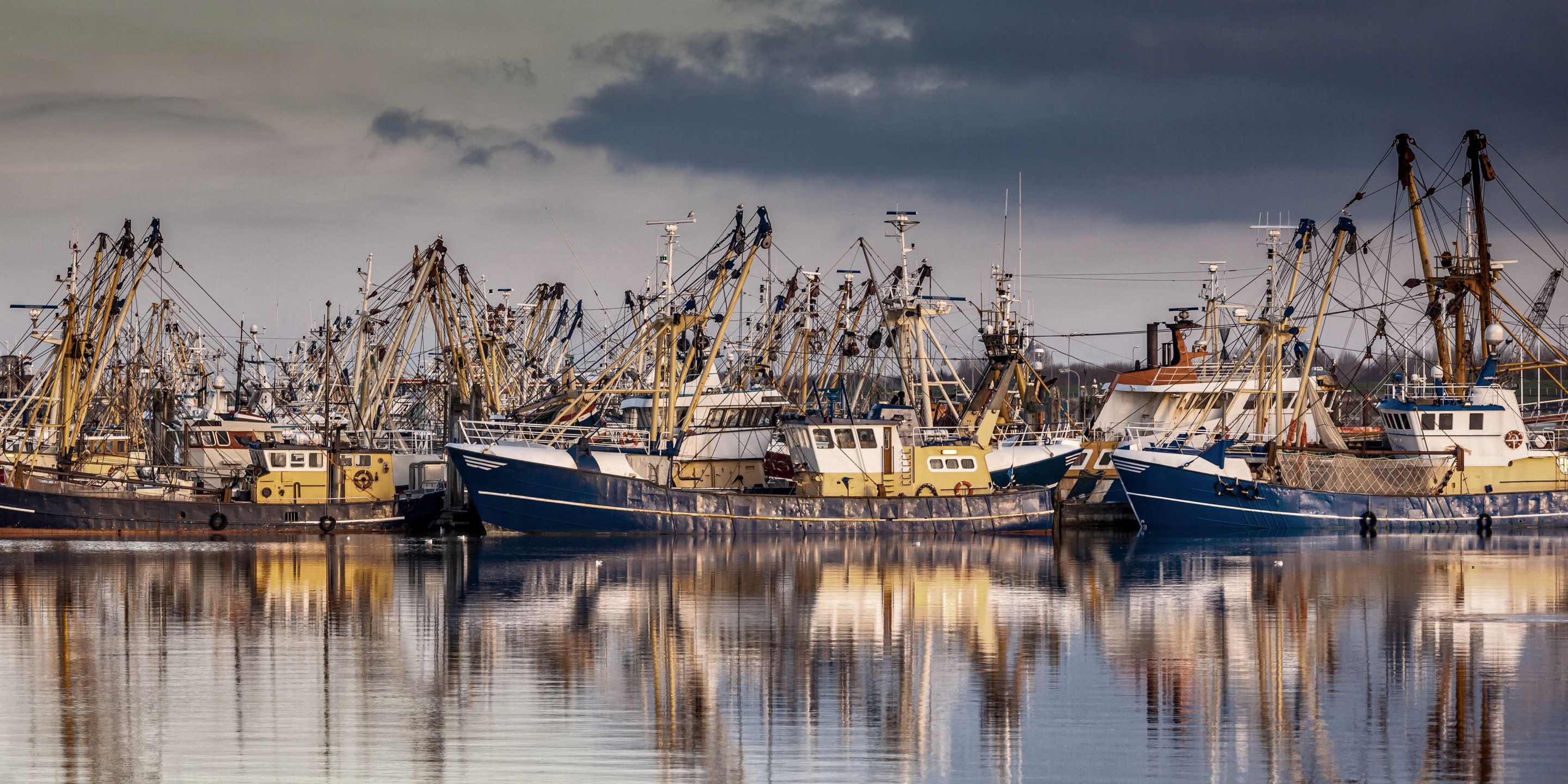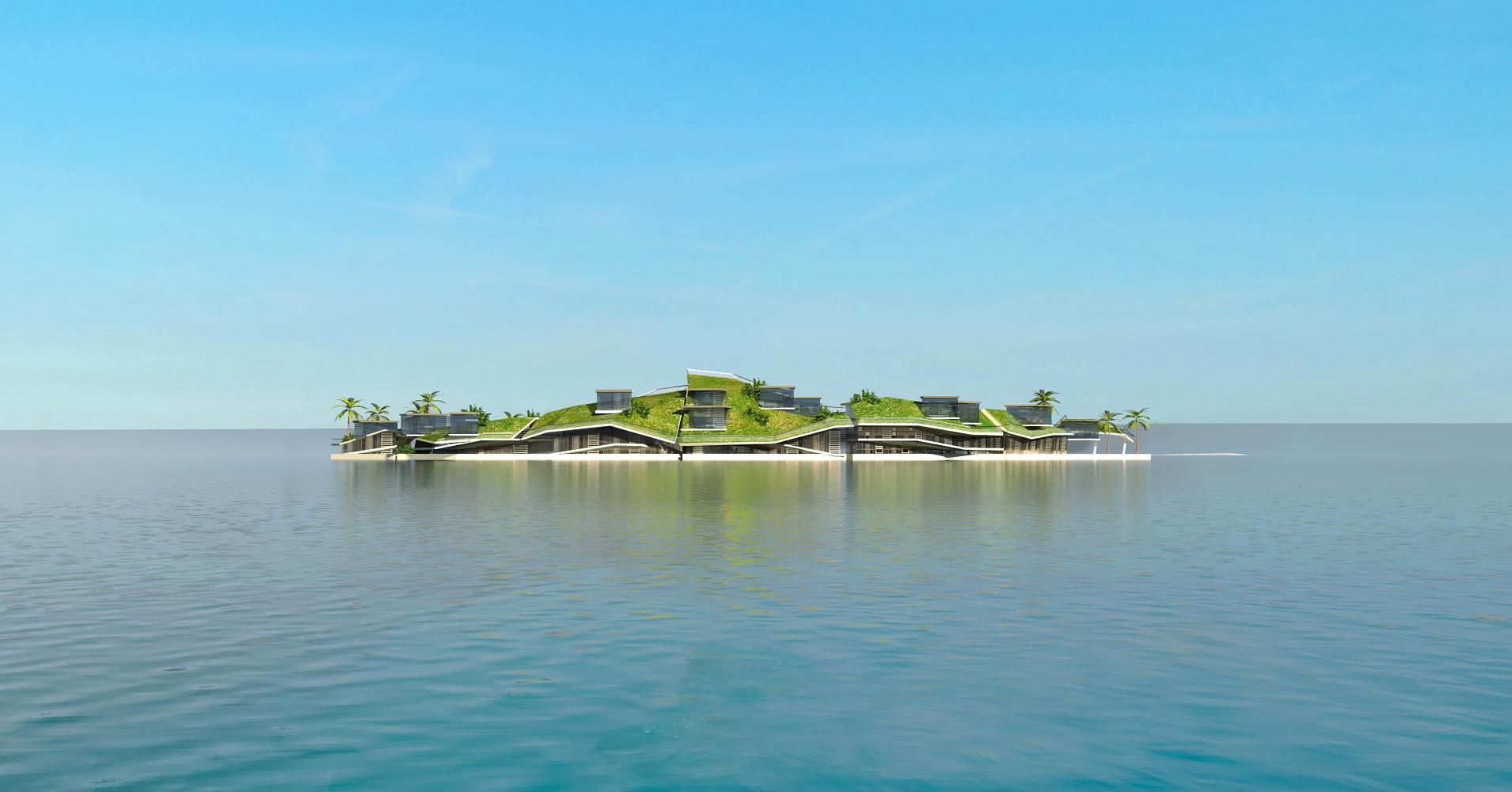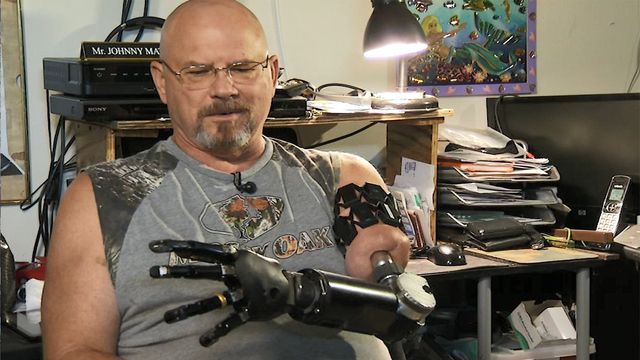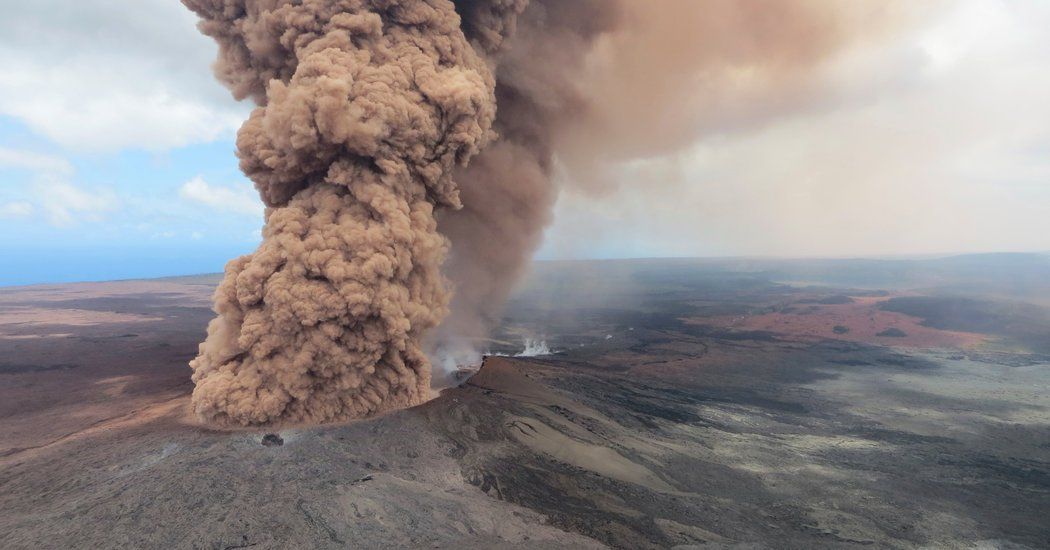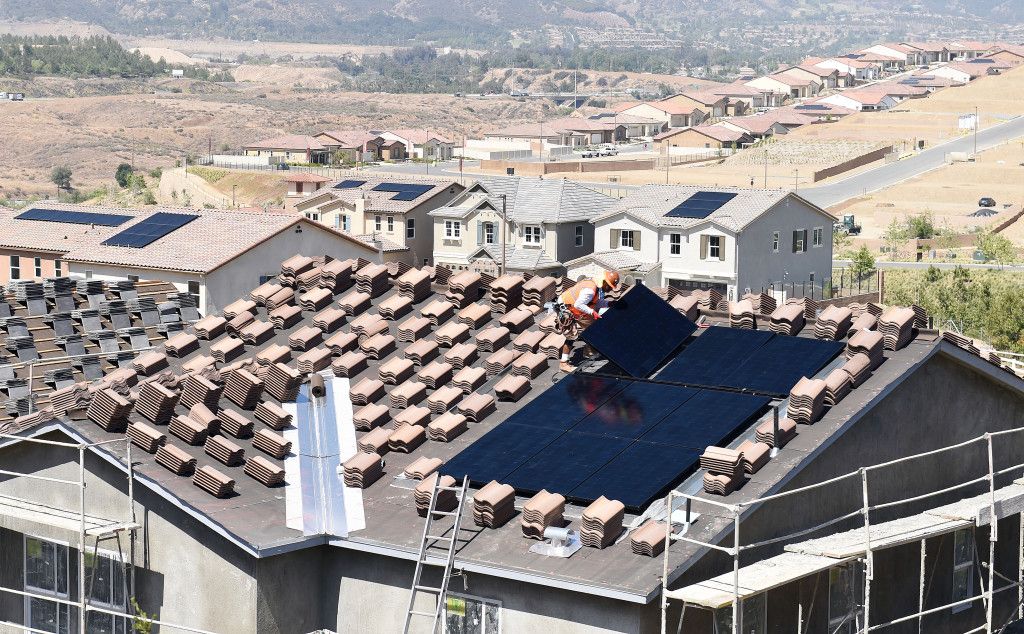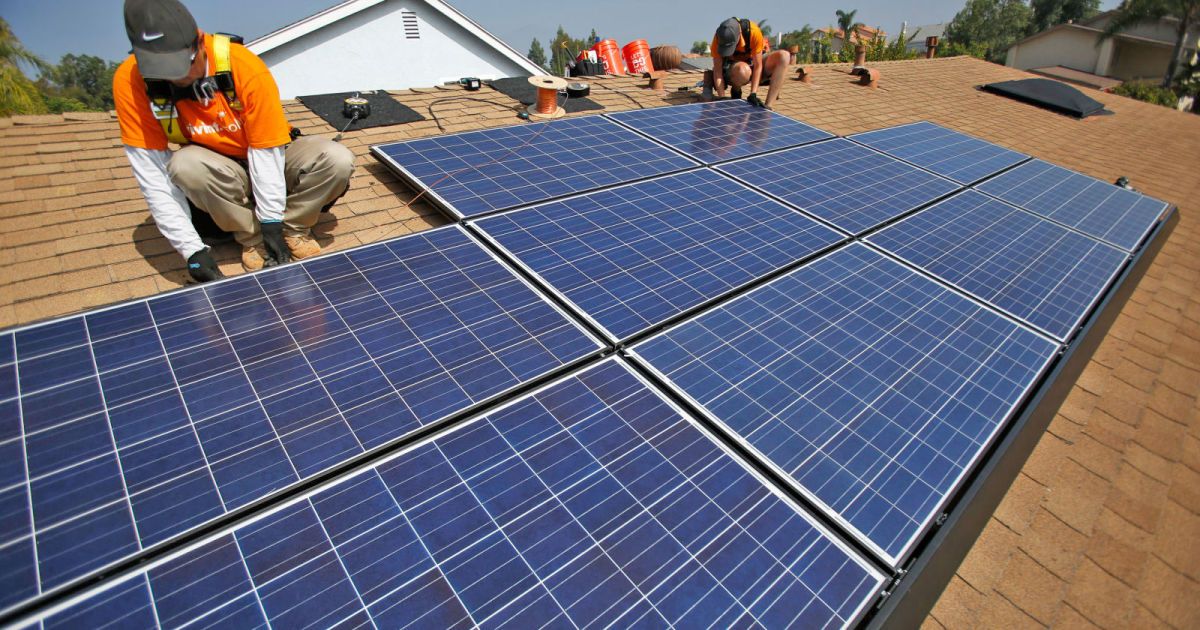
Summer. Blue sky. Sunshine. But you don’t notice much of it in the office or in your home, because the blinds block the view so that the heat stays outside. This scenario could soon be a thing of the past: EPFL researchers are working with Empa on a window glass that keeps out the heat in summer and at the same time allows a clear view of the outside world.
Depending on the season, windows must have a different function in order to provide sufficient comfort in offices and apartments. In summer they should keep heat away and prevent glare from the sun. In winter they should distribute the little light optimally in the room. A team led by Andreas Schüler from the Laboratory for Solar Energy and Building Physics at EPFL has recently developed a window that meets all these criteria. In cooperation with Empa researchers led by Patrik Hoffmann from the Laboratory for Advanced Materials Processing in Thun, work is currently underway on their manufacture—which could soon make sun blinds redundant. Seasonal window glass reduces summer overheating and glare in buildings and ensures high solar energy and daylight input in winter. All this without impairing the view outwards through dimming or blinds.
Jing Gong, a Ph.D. student at EPFL, used Empa’s highly complex laser system in Thun to produce a so-called master form with a microstructured surface with the precision laser. Micro mirrors are then evaporated into these micro-grooves and encapsulated in a polymer film. This film can then be easily inserted into a conventional double-glazed window. The arrangement of so-called “Compound Parabolic Concentrator” (CPC) lenses is used to optimally reflect sunlight with low restrictions in visibility. While the first prototypes have been developed in the laboratory, the researchers are already working on up-scaling. In a pilot project in cooperation with BASF Switzerland, the team is working on a manufacturing process that should make it possible to produce the window glass coating consisting of millions of micro mirrors with high precision, quickly and cost-effectively. This poses a major challenge due to the very high optical quality requirements.
Read more

